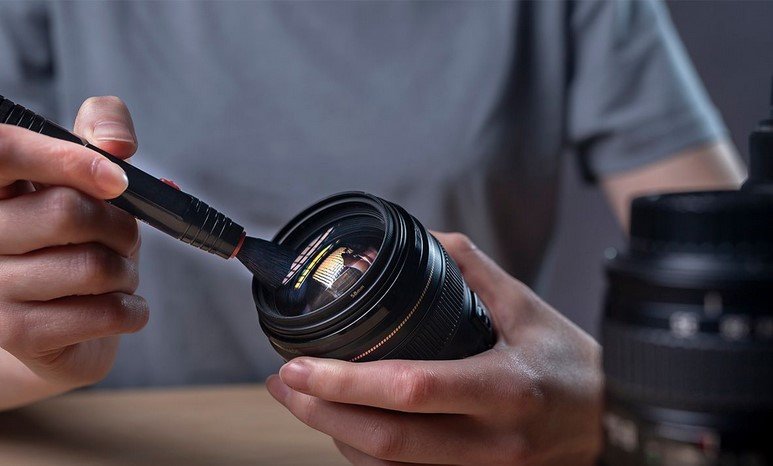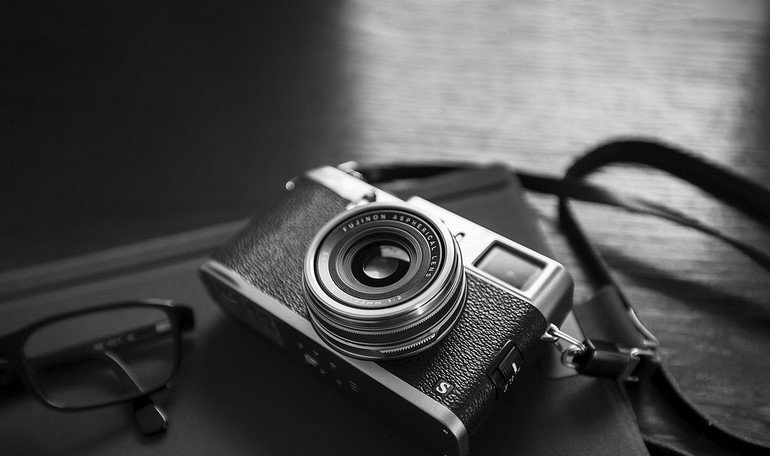Owning a digital camera is an investment in capturing memories, creating art, or documenting moments. To ensure your camera continues to perform at its best, regular maintenance is crucial. By taking a few essential steps, you can extend the life of your camera, preserve its quality, and avoid common issues. Here’s a guide to digital camera maintenance essentials to keep your equipment in top shape.

Regularly Clean Your Camera
One of the fundamental digital camera maintenance essentials is keeping your camera clean. Dust, dirt, and smudges can affect image quality and lens performance. Use a soft, dry microfiber cloth to gently wipe the camera body and lens. For the lens, use a lens cleaning brush or blower to remove any particles before wiping it with the cloth.
Avoid using household cleaners or abrasive materials, as they can scratch or damage the lens. For more thorough cleaning, consider using lens cleaning solutions and specialized cleaning kits designed for cameras.
Protect Your Camera from Moisture and Dust
Moisture and dust are two major enemies of digital cameras. Exposure to these elements can cause internal damage and affect performance. When shooting in challenging conditions, use weather-resistant camera bags and covers to protect your gear.
If your camera gets wet, immediately turn it off, remove the battery and memory card, and let it dry completely in a dry, ventilated area. Avoid using a hairdryer or placing it in direct sunlight, as this can cause further damage. For dust protection, keep your camera in a clean, dry environment and use protective filters on your lenses.
Check and Update Firmware
Digital camera manufacturers periodically release firmware updates to improve performance, add new features, or fix bugs. Regularly check your camera’s manufacturer website for firmware updates and instructions on how to install them. Keeping your camera’s firmware up-to-date ensures it operates smoothly and takes advantage of the latest enhancements.
To check for updates, refer to your camera’s manual or the manufacturer’s website for detailed instructions on how to download and install the latest firmware version.
Store Your Camera Properly
Proper storage is another critical aspect of digital camera maintenance. When not in use, store your camera in a cool, dry place away from direct sunlight. Avoid leaving it in extreme temperatures, such as inside a hot car or in very cold conditions.
For long-term storage, remove the battery and memory card to prevent corrosion or leakage. Use a camera bag or case to protect your camera from physical damage and environmental factors. Additionally, consider using silica gel packs to absorb moisture and keep the internal components dry.
Regularly Check and Replace Batteries
Battery maintenance is essential for ensuring your camera remains operational. Regularly check the condition of your camera’s battery and replace it if you notice a decline in performance or if it no longer holds a charge. When storing spare batteries, keep them in a cool, dry place and avoid exposing them to extreme temperatures.
If you use rechargeable batteries, ensure they are fully charged before use and follow the manufacturer’s recommendations for charging and storage. Avoid overcharging batteries, as this can shorten their lifespan.
Inspect and Maintain Memory Cards
Memory cards are crucial for storing your photos and videos. Regularly check your memory cards for errors and ensure they are formatted correctly before use. Use reliable memory card readers to transfer your files and avoid removing the card from the camera while it’s writing or processing data.
To maintain memory card health, avoid exposing them to extreme temperatures or physical damage. Store them in protective cases when not in use to prevent scratches or damage to the contacts.
Seek Professional Servicing When Needed
Even with regular maintenance, your digital camera may occasionally require professional servicing. If you notice any issues with performance, image quality, or if your camera sustains physical damage, it’s best to seek help from a qualified technician. Professional servicing can address complex issues, such as internal repairs or sensor cleaning, that go beyond basic maintenance.
Consult your camera’s manufacturer or a reputable camera repair service for advice on maintenance and repair options. Regular professional check-ups can help catch potential problems early and ensure your camera remains in optimal condition.
Conclusion
Digital camera upkeep is essential for ensuring its longevity and performance. By regularly cleaning your camera, protecting it from moisture and dust, updating firmware, and storing it properly, you can keep your equipment in excellent condition. Additionally, checking and replacing batteries, maintaining memory cards, and seeking professional servicing when necessary will help you avoid common issues and keep your camera ready for every shot.










